By Micah Perry
The Oregon Transportation Commission recently decided how to allocate $412 million in discretionary federal funds from the Infrastructure Investment and Jobs Act. The commission’s plan, though, was quickly criticized by a coalition of environmental and transportation groups.
The coalition complained that the spending plan prioritizes “highways over community safety,” even though about half of the funds will be spent on various “climate-friendly” transportation projects, investments in safer biking and walking routes, and improved ADA accessibility.
Prior to the commission’s decision, the coalition of activists had crafted its own vision for how to allocate the money. Had the group had its way, all $125 million earmarked for repairing and improving roads would have been put toward local transportation funding, with the intent that the money would be focused on active and public transportation.
To anti-car activists, a dollar spent on roads is a dollar wasted. But, whether they like it or not, Oregon needs an efficient, well-maintained road network. 80% of the state’s workforce commutes by car, and virtually all freight in Oregon relies on road transportation at some point in its journey.
When making future funding decisions, transportation authorities and elected officials should prioritize infrastructure investments that will benefit the vast majority of Oregonians who drive, rather than seeking to please activists who happen to be the loudest voices in the room.
Micah Perry is a Program Assistant for External Affairs at Cascade Policy Institute, Oregon’s free market public policy research organization.
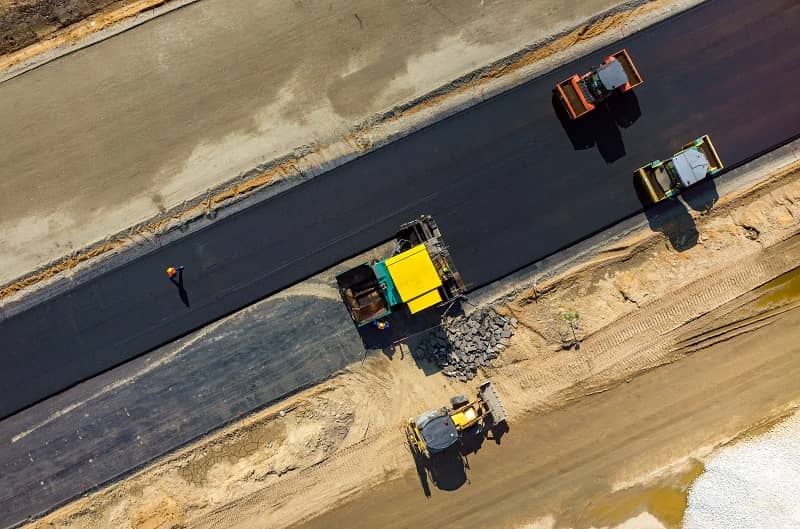

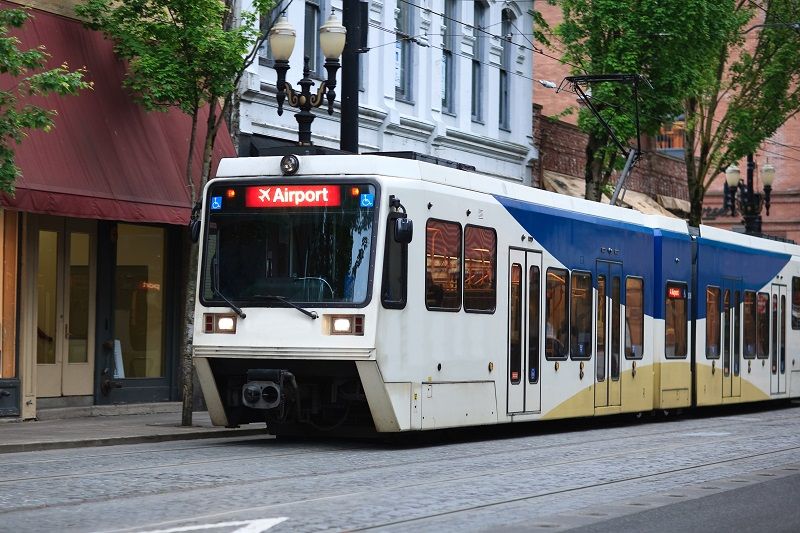

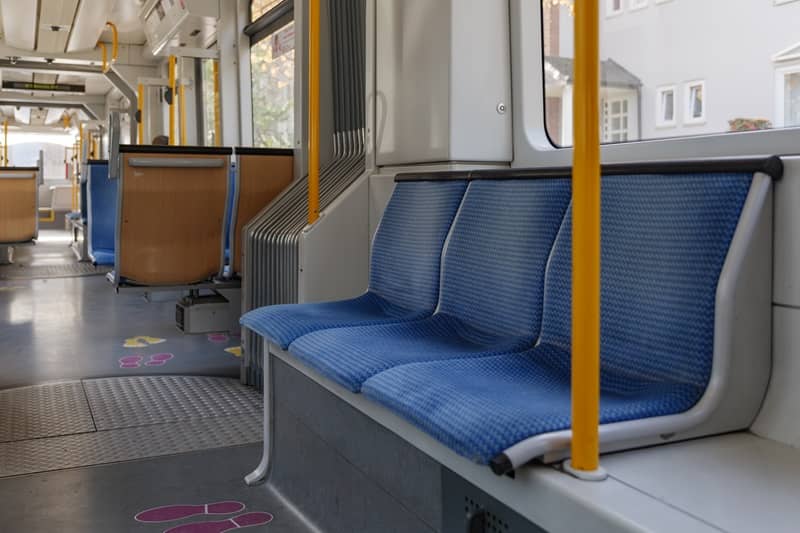

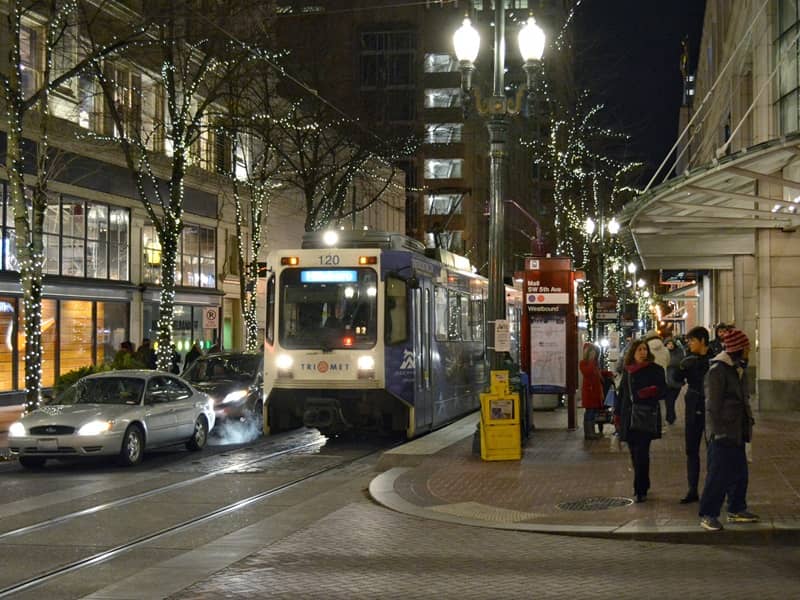


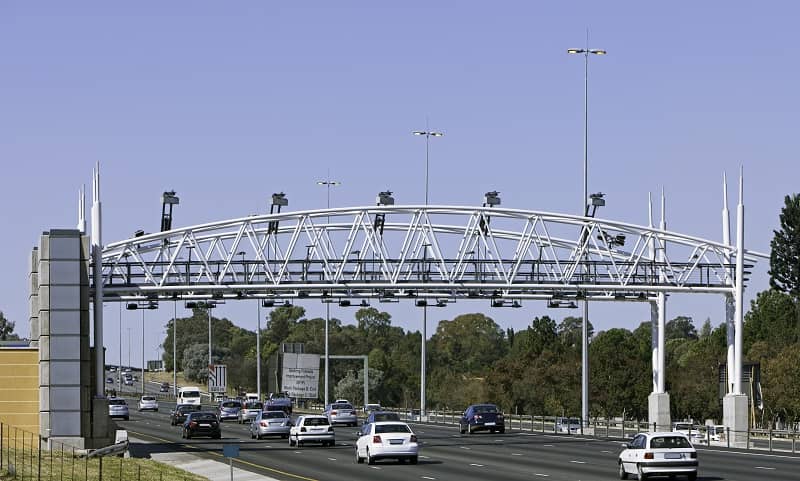


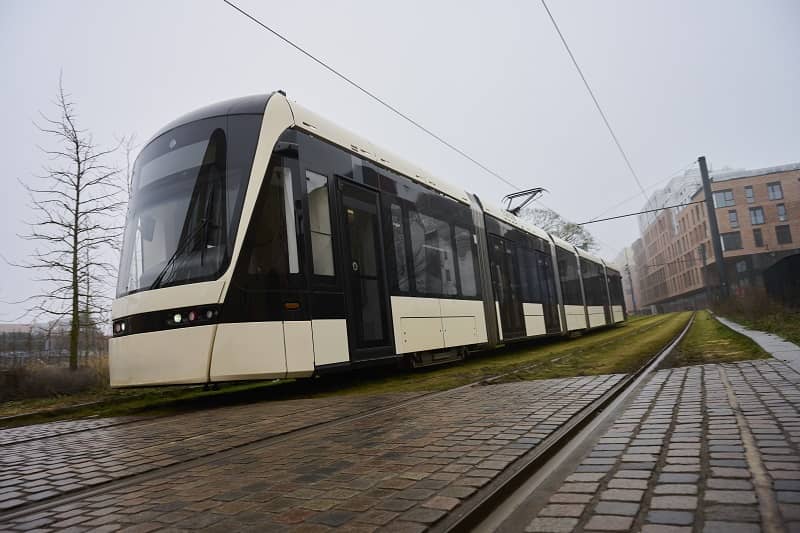
Glenn Gailis
I agree with Micah Perry’s comments on Oregon’s roads